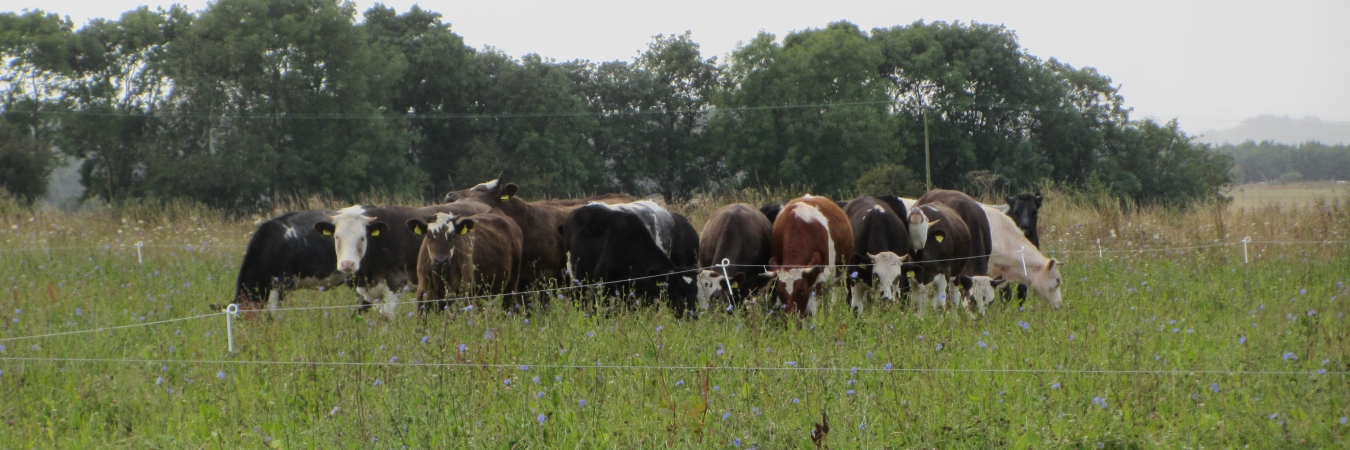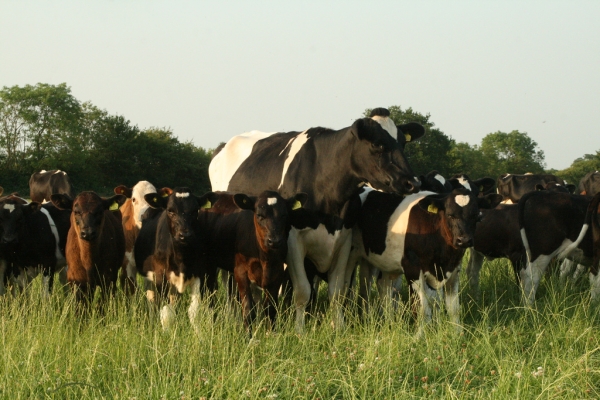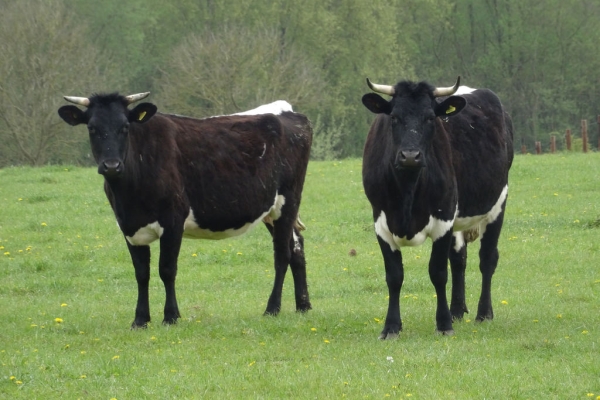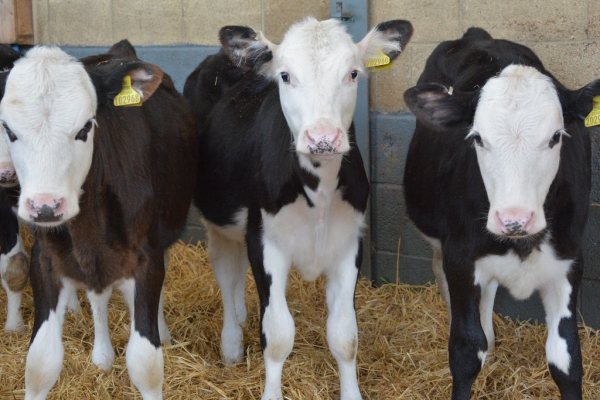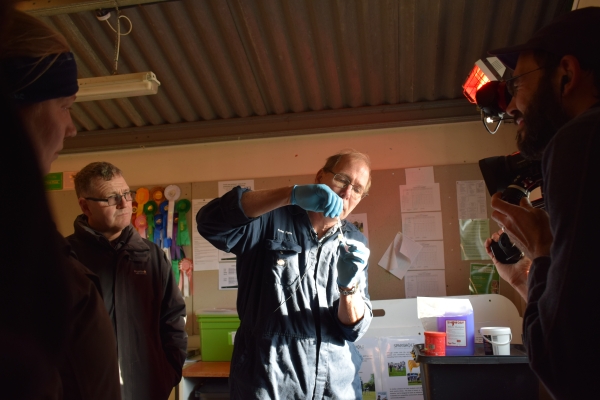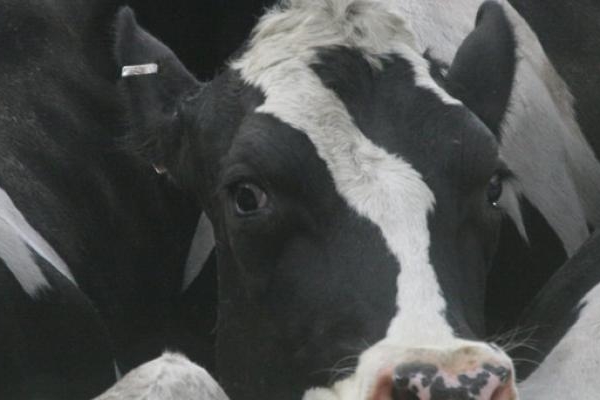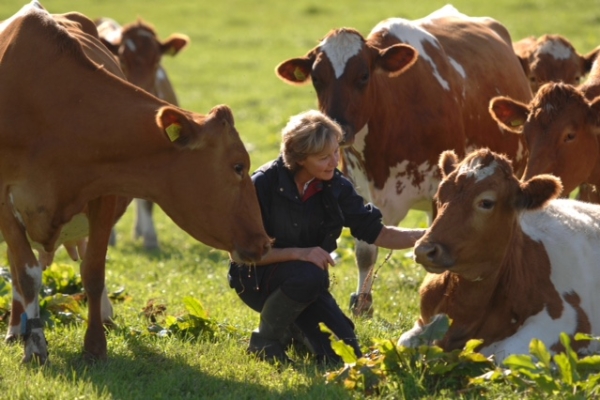SOLID – Sustainable Organic and Low-Input Dairying
ORC Research Digest no. 24 - Sep 2021
Organic Research Centre Research Digest focusing on ways of increasing the sustainability of organic low-input dairy systems and benefits that can be attained.
Resource explained
Opportunities exist to increase the sustainability of organic low-input (LI) dairy systems across Europe. Compared to high-input dairy farms, LI dairy farms are smaller, less specialised, have more grassland, and rely on more forage and less maize. They also generate more labour alongside lower productivity, so smart decision making that adds value to products is key. The Sustainable Organic and Low Input Dairying (SOLID) project (2011-2016) worked with farmers to address key challenges surrounding forage and feeding, use of natural resources, and management of animals and the environment. A close collaboration between researchers and farmers helped promote the development of context-specific solutions to increase both sustainability and competitiveness of LI organic milk production. This research digest outlines key results and conclusions from the project.
Findings & recommendations
- Although well-adapted native livestock breeds are preferred, more conventional breeds can also be farmed successfully in organic LI systems if well managed.
- Energy requirements for body maintenance increase for dairy cows on high forage diets, and a range of novel and local feed sources can provide potential sources of energy and protein, including by-products and herb-rich pasture mixes.
- Herb-rich pasture mixes can also being used to help minimise antibiotic use.
- Overall, organic LI dairy cow and goat systems compete well with high-input dairy farms, but for future sustainability, attention needs to be paid to continuous improvement of farm management practices – particularly relating to animal welfare and milk quality. Alongside this, developing shorter, more effective supply chains helps promote collaboration, competitiveness and sustainability.
